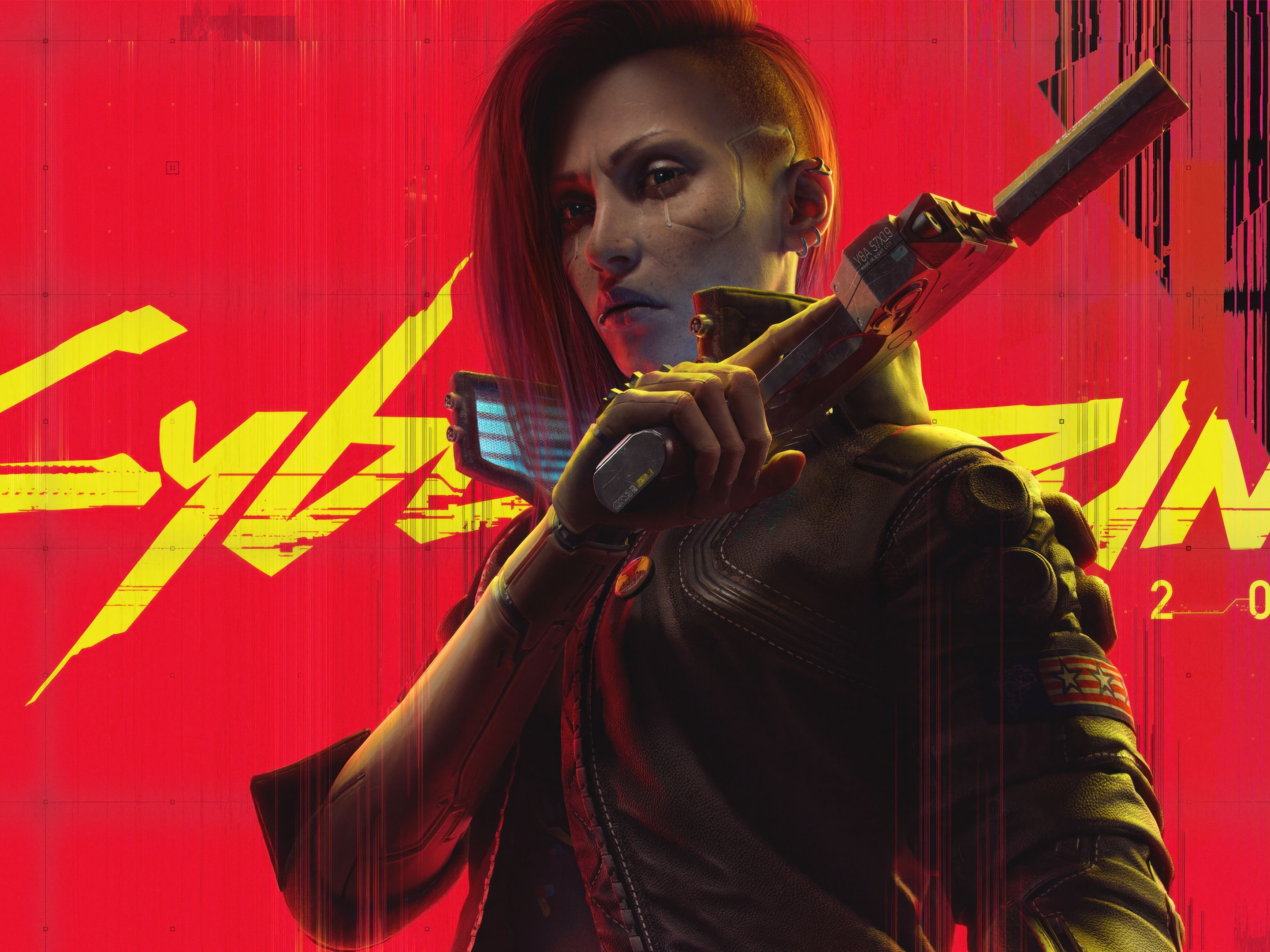Red Dead Online Score: Post-Launch Support Review
When Red Dead Redemption 2 launched in 2018, it was immediately hailed as a masterpiece—a stunning open-world epic that set new standards for storytelling, environmental detail, and immersion. Its online counterpart, Red Dead Online (RDO), launched shortly after, carried immense expectations. Built on the same robust foundation, it promised a living, breathing Wild West experience shared with players across the globe. Yet, its journey has been a turbulent one, marked by moments of brilliance and long stretches of frustrating stagnation. This review delves into the post-launch support of Red Dead Online, scoring its performance based on content updates, community engagement, technical polish, and long-term vision.
The Foundation: A World of Potential
Initially, Red Dead Online was a barebones experience. The beta period was rocky, plagued by connectivity issues, bugs, and a glaring lack of meaningful content beyond repetitive stranger missions and chaotic showdowns. However, the core was—and still is—incredibly strong. The shared world of America in 1898 is breathtakingly beautiful and incredibly fun to simply exist in. The core gameplay—hunting, fishing, exploring, and engaging in gunfights—feels phenomenal, thanks to the unparalleled physics and animation systems carried over from the single-player game.
This strong foundation meant that players were willing to be patient. The potential for a deep, engaging online RPG was evident. The question was whether Rockstar Games would nurture it with the same dedication they famously applied to Grand Theft Auto Online.
The Content Drought: A Barren Landscape
This is where the review takes a somber turn. For a long time, the most consistent update to Red Dead Online was the addition of new clothing items, often locked behind limited-time events or exorbitant gold bar prices. While GTA Online received massive, game-changing updates like Heists, nightclubs, and criminal enterprises, RDO’s updates were slower, smaller, and often failed to address core player desires.
The major content drops, when they did arrive, were a mixed bag. The Frontier Pursuits update, which introduced the Roles system, was a genuine high point. Becoming a Bounty Hunter, Trader, Moonshiner, or Collector gave players purpose, unique mechanics, and structured progression paths. It was exactly the kind of content the game needed. Similarly, the Naturalist role, while divisive, added a unique new layer to the world with its focus on conservation and sedating animals.
However, the gaps between these updates stretched for months, sometimes over a year. The infamous "drought" of 2021-2022 saw the player base dwindle significantly. Promised "new expansions" to existing roles never materialized in a substantial way. The highly anticipated "lawman and outlaw" update, a seemingly natural fit, remained a distant dream. Instead, players were given Blood Money missions and Crimes, which felt like reheated versions of existing content rather than a bold new direction. The lack of end-game content, particularly for high-level players who had maxed out all roles, became a critical issue.
Community Engagement: The Sound of Silence
Perhaps the most frustrating aspect of RDO’s post-launch life has been Rockstar's communication—or lack thereof. The developer is famously secretive, but with GTA Online, players are at least treated to regular newswire posts teasing upcoming content. For RDO, communication was sparse and often vague. For long periods, the community was left completely in the dark, unsure if the game was still a priority.
This silence bred resentment. Fan-made petitions and detailed suggestions for content flooded forums, but were met with radio silence. When Rockstar did communicate, it was often to announce the end of a monthly event or, ultimately, to confirm that major content updates had ceased, shifting development focus to the next Grand Theft Auto title. This decision, while understandable from a business perspective, felt like an abandonment of a world that had so much more to give. It signaled that the game had never truly escaped from the shadow of its older, more profitable sibling.
Technical Performance: A Beautiful, Broken World
Technically, RDO is a paradox. It remains one of the most visually stunning games ever created. Yet, it has been persistently hampered by bugs, glitches, and connectivity problems. Animal spawns would mysteriously vanish for entire sessions, breaking the Trader role. Mission triggers would fail. Disconnects were, and for many still are, a regular occurrence.
While many of the most game-breaking bugs were eventually patched, a litany of smaller, persistent issues never were. Clipping issues with clothing, wonky physics during missions, and persistent glitches like the infamous "infinite loading screen" chipped away at the immersion. The support seemed reactive rather than proactive, addressing problems only after they had been widely reported by the community for weeks.
The Verdict: A Missed Opportunity
So, what is the final score for Red Dead Online's post-launch support? It's a story of two halves.
On one hand, the world built is a technical marvel. The Roles system, when it was introduced, was a stroke of genius that provided hundreds of hours of engaging gameplay. The dedication to period-appropriate aesthetics and a (mostly) slower, more deliberate pace than GTA Online was commendable and created a uniquely atmospheric experience.
On the other hand, the inconsistent update schedule, the interminable content droughts, the poor communication, and the eventual cessation of major updates leave a lasting stain. The game never reached a fraction of its potential. It failed to capitalize on its incredible foundation with a sustained, ambitious content pipeline.
Final Score: 5/10

Red Dead Online’s post-launch support earns a passing grade solely on the strength of its foundational gameplay and the initial promise of the Roles updates. However, it ultimately represents one of the biggest missed opportunities in modern gaming. It was treated not as a dedicated live service but as a side project, and the player base felt that neglect acutely. It stands as a beautiful, haunting monument to what could have been—a vibrant online world that was left to fade into a ghost town.















